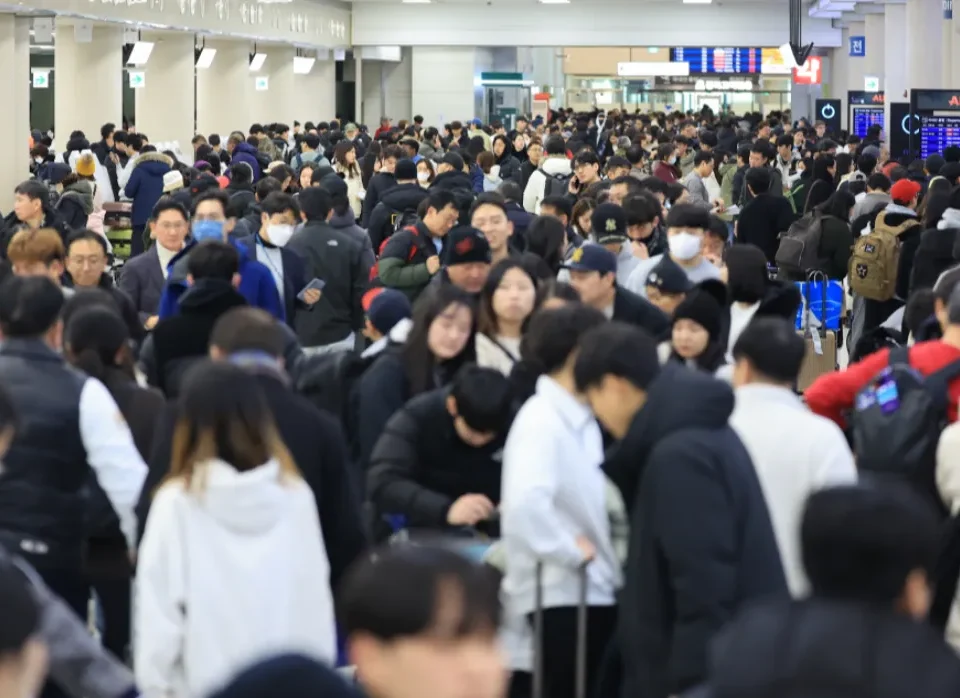The rise of remote work has created new opportunities for global talent mobility. Today, a software developer might work for a Canadian company while living in Portugal, or a marketing consultant might spend months in Bali while servicing clients in New York.
While the freedom is enticing, it comes with a less glamorous challenge: navigating healthcare systems abroad. Remote workers often face hurdles such as language barriers, unfamiliar medical practices, and complicated insurance claim procedures.
This is where Third-Party Administrators (TPAs) come in — acting as the bridge between global health coverage and local medical systems, ensuring claims are processed smoothly and efficiently.
The New Normal: Remote Work Without Borders
Remote work is no longer a niche trend — it’s a major shift in how companies operate. According to multiple global workplace studies, more than 35% of workers now work remotely at least part-time, with many taking their jobs overseas.
However, while a remote worker’s laptop might travel easily, their healthcare coverage does not. Insurance policies may be global on paper, but healthcare is still deeply rooted in local rules, regulations, and provider networks.
Challenges Remote Workers Face When Accessing Healthcare Abroad
1. Language and Communication Barriers
Medical consultations, prescriptions, and claim documentation often come in the local language. Misinterpretations can lead to incorrect treatments or rejected claims.
2. Different Medical Standards and Practices
Treatment protocols differ by country. For example, diagnostic procedures considered essential in one country may be optional elsewhere, causing disputes over coverage.
3. Complex Paperwork and Claim Submissions
In many countries, direct billing systems are rare, meaning patients must pay upfront and file for reimbursement — often in formats that differ from their home country’s requirements.
4. Currency and Payment Delays
Exchange rate fluctuations and cross-border banking rules can delay reimbursements, impacting a worker’s financial stability.
5. Provider Network Confusion
Remote workers may not know which hospitals or clinics are part of their insurance network, leading to out-of-pocket expenses that could have been avoided.
Why Local Know-How Is Essential
Healthcare systems are inherently local, shaped by national laws, cultural norms, and payment structures. Even within the European Union — where cross-border travel is easy — health insurance systems differ greatly.
Local expertise helps navigate:
- Regulatory compliance for claims
- Pre-authorization requirements
- Understanding of cultural approaches to patient care
- Translation of medical codes and documentation
Without this local know-how, global coverage can fail at the exact moment it’s needed most.
The Role of TPAs in Bridging the Gap
Third-Party Administrators (TPAs) specialize in managing health claims and benefits on behalf of insurers, employers, or members. For remote workers, TPAs are more than claim processors — they are navigators of unfamiliar health systems.
1. Translating Global Coverage into Local Practice
TPAs understand both the global insurance policy terms and the local healthcare ecosystem, ensuring that the worker’s coverage is applied correctly to local treatment.
2. Direct Provider Relationships
By maintaining networks of trusted medical providers, TPAs can arrange direct billing agreements, allowing remote workers to avoid paying large sums upfront.
3. Multilingual Support
Many TPAs offer 24/7 multilingual assistance, making it easier for remote workers to explain symptoms, understand treatment plans, and gather required claim documents.
4. Faster Claims Processing
Local offices or partnerships enable TPAs to process and approve claims more quickly, reducing the time between treatment and reimbursement.
5. Cost Containment
By negotiating with local providers, TPAs can control costs for insurers while still ensuring high-quality care for the worker.
A Remote Worker in Southeast Asia
Imagine Sarah, a remote UX designer from the UK, living in Thailand. She falls ill and visits a local hospital. The consultation is in Thai, and her receipt lists treatment codes unfamiliar to her UK-based insurer.
Without a TPA:
- She would pay in cash.
- She would submit unclear documents to her insurer.
- Her claim might be delayed or denied due to missing translations and unrecognized codes.
With a TPA:
- The TPA’s local team ensures the hospital bills are coded correctly.
- Documents are translated and verified before submission.
- Reimbursement is processed quickly, often without Sarah needing to chase updates.
How TPAs Support Remote-First Companies
For companies that hire internationally, TPAs offer a centralized solution for managing employee health claims across borders. This includes:
- Unified claims tracking for HR teams
- Single point of contact for multiple countries
- Compliance assurance with local laws
- Scalable solutions as the workforce grows
The Future of Global Health Access for Remote Workers
With remote work here to stay, demand for globally capable yet locally informed healthcare solutions will only grow.
We can expect:
- Digital-first claims processing integrated with telemedicine
- Real-time eligibility checks with local providers
- Expansion of cashless treatment networks
Best Practices for Remote Workers Seeking Healthcare Abroad
- Check your provider network before seeking treatment.
- Keep digital copies of all medical records and receipts.
- Contact your TPA early — even before visiting a hospital.
- Understand pre-authorization rules for planned procedures.
- Know your policy limits in different countries.
Conclusion
Remote work has unlocked new opportunities for living and working across borders, but healthcare remains a local challenge. Language barriers, different medical practices, and complex claim systems can overwhelm even the most seasoned traveler.
Third-Party Administrators provide the essential local know-how that transforms a global policy into a practical safety net — ensuring that when remote workers need care, they can focus on recovery, not red tape.
In a borderless work world, global access truly depends on local expertise.
FAQs
What is a TPA in health insurance?
A TPA, or Third-Party Administrator, manages claims and benefits for insurers, often providing local support and direct provider access.
How do TPAs speed up claims for remote workers?
They have direct relationships with local providers, ensuring accurate documentation and faster processing.
Can TPAs help in emergencies?
Yes, many offer 24/7 assistance and can arrange direct admission to hospitals in their network.




